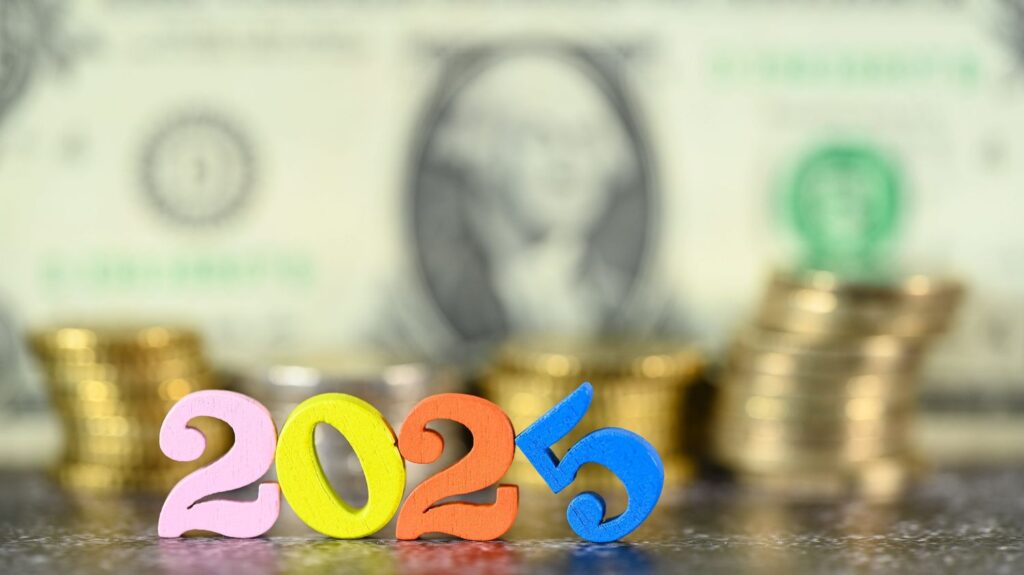Inflation has dropped considerably since the war in Ukraine. But the customs duties imposed by Donald Trump and the European retormations that prepare should change the situation quickly.
Published
Reading time: 3min
/2025/04/02/maxnewsfrfive972963-67ecd0874b105450172047.jpg)
While 25% customs duties on cars imported into the United States comes into force on Wednesday April 2, inflation continues to retreat in the euro zone. According to the European Statistics Office, Eurostat, it dropped to 2.2% in March, over a year.
The peak of this consumer price index had been reached in October 2022, with a war that has been unleashed in Ukraine since February. Inflation in the 20 states that share the euro then reached almost 11%, in a context of flambée in energy prices. Since then, the situation has clearly calmed down. Energy prices have dropped sharply – even if they remain at a high level for the large consumer industry. And if it is necessary to add the drop in services in Europe, downside remains the prices of food, which left a little upward in March, to 2.9% against 2.7% in February.
This 2.2% rate approaches the inflation target set by the monetary authorities. This objective set by central banks (the ECB for Europe) is an inflation around 2%. We are almost there and it is an encouraging factor. When it is controlled, inflation is not a shameful disease, on the contrary: a normal inflation rate allows companies to maintain an acceptable level of profitability to continue to ensure wages. Unlike a deflation (sustainable decrease in the general level of prices) which devalues the production of a company and therefore the room for wage maneuver.
But this level of inflation, which therefore marks a slowdown in the price increase, may not settle in the durably. Very few economists believe in it with the measures announced – even today – on the side of the United States. Trade tensions that will gradually rise with the customs duties imposed by Donald Trump may indeed bring inflation back, and this on both sides of the Atlantic.
Supervaxed products arriving in the United States will lead to the price of finished products purchased by the American consumer. And it will be the same for European consumers, if Brussels decides to impose equivalent taxes as retaliatory measures on the Trump administration.
It is therefore far too early to assert loud and clear that inflation, which has really calmed down in recent months, is no longer a problem.


